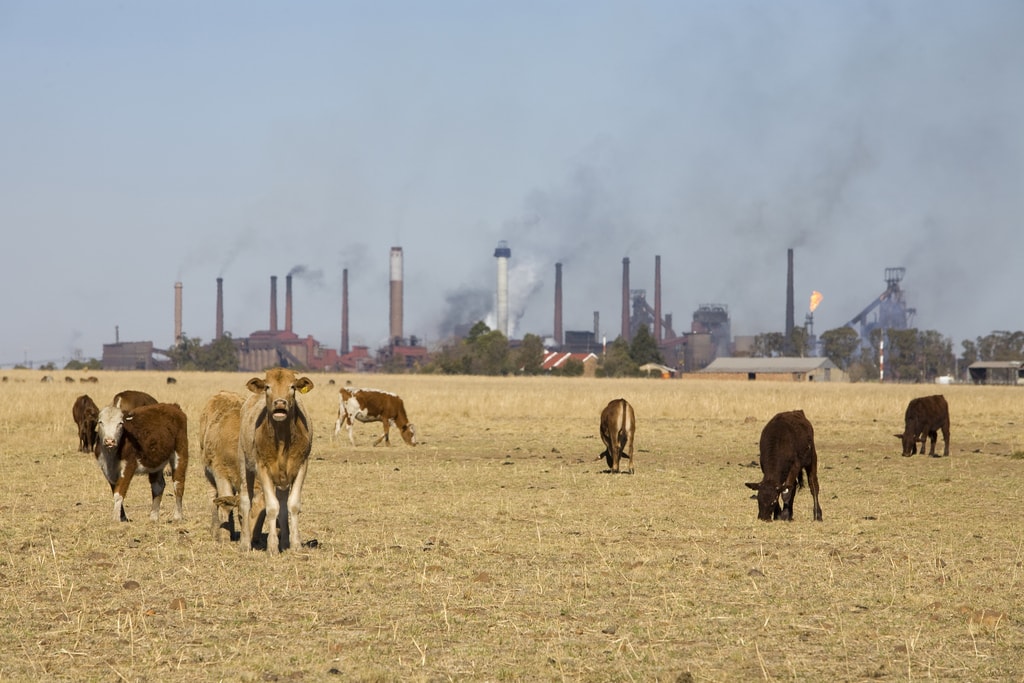The Centre for Environmental Rights used the country's Promotion of Access to Information Act to access records from a company accused of dumping illegal hazardous waste.
This statement was originally published on misa.org on 19 January 2015.
The Centre for Environmental Rights in South Africa used the Promotion of Access to Information Act 2000 (PAIA) to access important environmental records from ArcelorMittal South Africa (AMSA), necessary for the protection of the constitutional rights of a local community.
The case demonstrates the importance of access to information legislation, and how access to information serves the public interests and can benefit citizens and communities.
AMSA was confronted for dumping illegal hazardous waste that affected the residents and quality of the environment in nearby areas.
In 1999, local communities and the Minister of Water Affairs approached Iscor, AMSA’s predecessor, requesting an explanation of the extent to which the pollution affected the surrounding areas. Following this confrontation, Iscor commissioned an Environmental Master Plan, an impact study that would address pollution problems in Vanderbijlpark and plans they had to rehabilitate the area.
However, in 2003, local communities were presented with a summary of the document, which stated that significant pollution practices existed in that area but failed to address the community’s concerns.
The Vaal Environmental Justice Alliance (VEJA) coordinator Samson Mokoena, explained how the steel plant’s pollution affected the once “thriving community”, and had left the town with few residents, as reported in an article by CER.
Environmental Law Alliance Worldwide (ELAW) attorneys at CER representing VEJA requested that AMSA hand over their environmental records, including the Master Plan, in accordance with the PAIA to ensure the community’s right to live in a healthy environment as guaranteed by South Africa’s Constitution.
AMSA refused to hand over what they considered private documents to VEJA and instead appealed to the Supreme Court of Appeal (SCA).
On the 26 November 2014, the SCA handed down their judgment, ordering the steel plant to hand over their environmental records by 17 December 2014 and pay VEJA’s legal fees. They stressed the importance of practicing transparency when dealing with environmental issues that are of public interest.
An ebulletin report issued by ELAW on 6 January 2014 celebrated the result, stating, “this an important victory for the Centre for Environmental Rights, South Africa, and communities around the world, highlighting the importance of access to information for practices that harm communities and the environment.”
South Africa is one of only four southern African countries with an access to information law.



